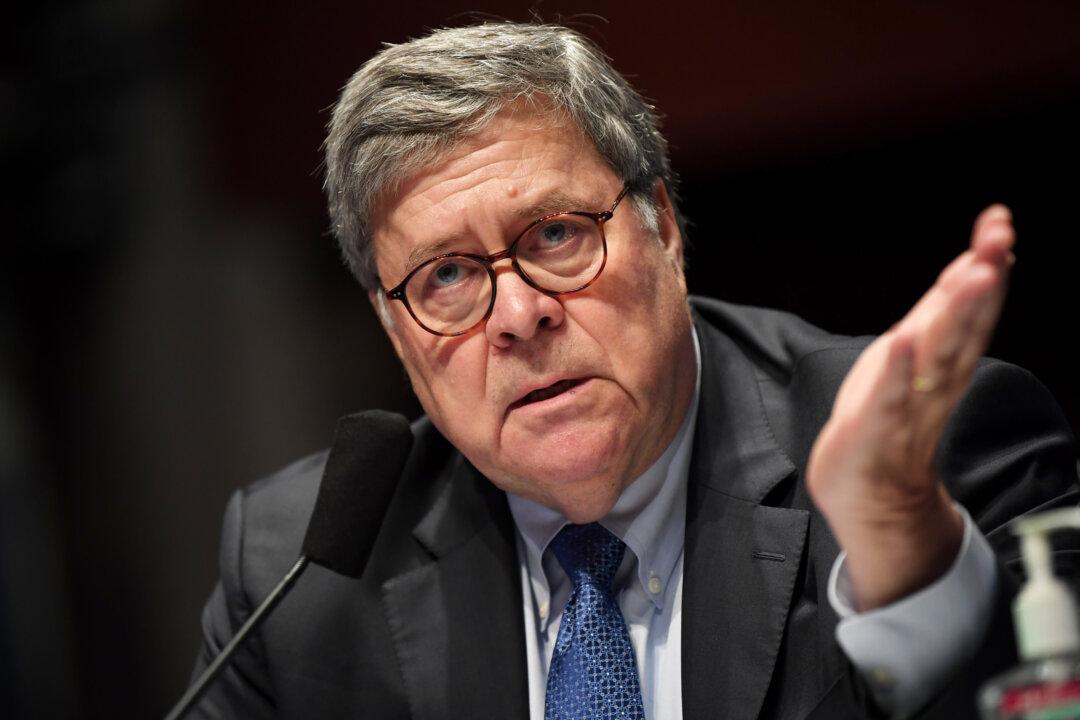The Justice Department (DOJ) and the FBI on Tuesday unveiled several crucial reforms aimed at improving compliance with the Foreign Intelligence Surveillance Act (FISA) process, including more stringent oversight of surveillance applications targeting elected officials and political campaigns.
These reforms are part of the FBI and DOJ’s ongoing efforts to improve compliance and accountability over FISA surveillance after the department came under fire for widespread fundamental and serious errors in the FISA applications used to spy on former Trump campaign associate Carter Page.




